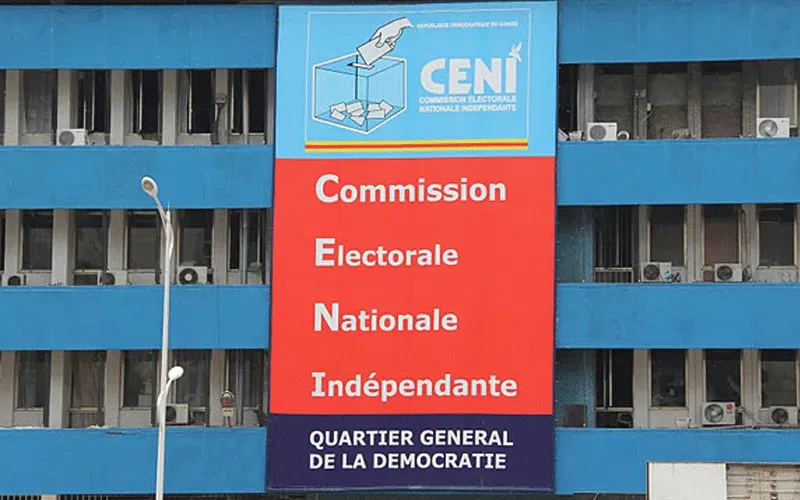Kinshasa, 25 April, 2021 / 5:03 pm (ACI Africa).
Religious leaders in the Democratic Republic of Congo (DRC) have, in a collective statement, urged Members of Parliament (MPs) to practice impartiality as they debate about new members to constitute the country’s Independent National Electoral Commission (CENI).
In the Wednesday, April 21 collective statement, the religious leaders under their umbrella body of the Forum of Religious Denominations say that they are “following with great interest the exchanges started at the level of the National Assembly on the bill of Honorable Christophe Lutundula relating to CENI.”
On Tuesday, April 20, MPs started examining the bill on electoral reforms, which aims not only at modifying the law on the functioning of CENI, but also at reforming DRC’s electoral system. Hon. Christophe Lutundula had tabled the bill in August 2019.
“This is a good opportunity for us to recall that the purpose of the urgently needed reforms in this area is to strengthen the legal mechanisms likely to guarantee the independence, neutrality and impartiality of CENI so as to reassure all electoral actors of the credibility of the 2023 elections,” the leaders say.
DRC’s religious leaders caution against influence due to political affiliations saying that the major challenge remains the “need to minimize political influence on the electoral body.”








